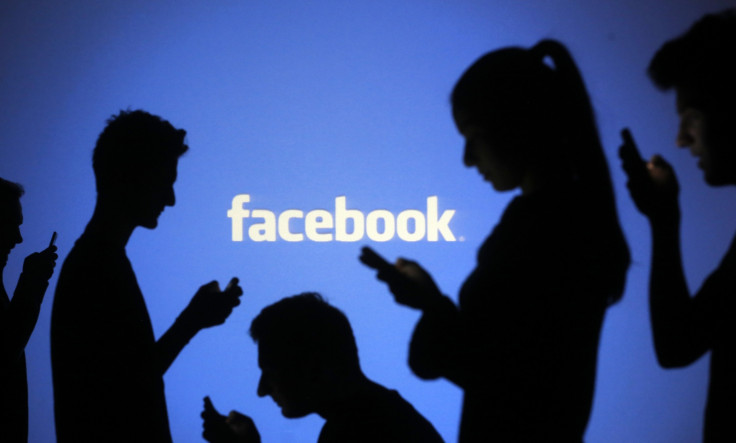Facebook and smartphones are existential threats to humanity, warns ex-Googler
People are now staring at their phones more than 150 times a day, Tristan Harris claims.

A former Google employee has warned that the use of smartphones and social media networks such as Facebook has evolved to pose an "existential threat to humanity".
Tristan Harris, former design ethicist and product philosopher at Google, believes the goals of major tech companies are "fundamentally misaligned to democracy". He said firms are "steering" thoughts and warned the use of smartphones will have an impact on the development of children.
"It's much bigger than addiction," Harris, who left Google last year, told BBC Newsnight. "I would actually call it an existential threat to the human race."
He said the number of people who use smartphones and check Facebook on a daily basis easily outweighs the number of followers of major religions.
He claimed that people stared at their phones more than 150 times a day – from the toilet to the coffee line.
"The total surface area of how much technology is steering two billion people's thoughts is enormous. Even when you're not looking at your phone, it's implementing or creating the kind of thoughts you're thinking about now," he told BBC host Evan Davis.
"In the 150 times a day when we check, what is going on in that moment right before we check? Is it because we're sitting there and we make 150 conscious choices? That's not what's happening.
"What's happening is that we're building up anxiety. As the anxiety builds it causes us to self-interrupt, and research has shown that we actually interrupt ourselves about every 40 seconds."
One example was Snapchat's "streaks" function, which shows users how frequently they are chatting with friends and followers. It has changed the nature of relationships, Harris said.

"We've hijacked what 100 million teenagers view as the currency of friendship," he said.
"The way kids know that they are or are not friends is if that number shows that they've kept that streak up.
"That is where we're developmentally harming an entire generation of children, undeniably.
"That's one of the clearest examples where it's not just addiction, it's the whole system. It's going to get more and more pervasive too."
The ex-Googler, who now runs the non-profit Time Well Spent campaign group, said tech firms give us "enormous benefits" but claimed "the challenge is that their goals are not aligned with our goals".
He said: "Even if you know how these techniques work – it still works on you. If you wake up in the morning and see photo after photo of what you're missing out on [or] what your friends were doing last night, that's going to pull on any human being.
"You could be the director of the CIA and that's still going to affect you. We are all human."






















